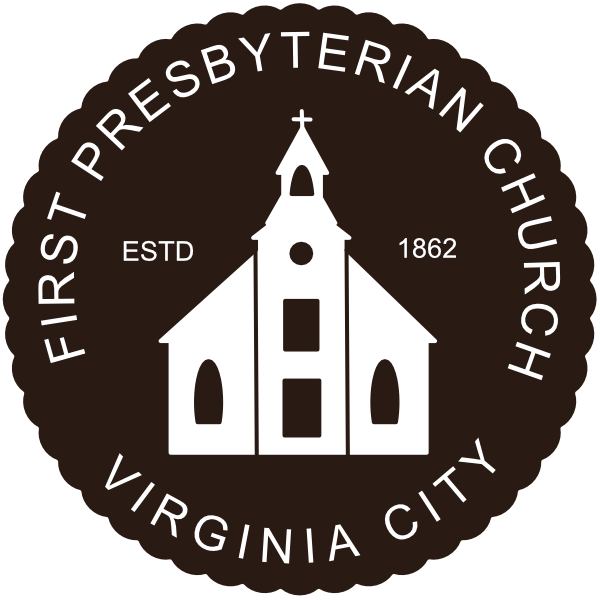
My mom loved to work jigsaw puzzles. Once my parents retired and moved to Sedona, my mom was able to keep a card table in the living room all year round to work on her puzzles. She enjoyed this mental stimulation – well, until she discovered a piece lost or missing. While she may have had 999 of her thousand pieces, that open space where the missing piece should have been, was very obvious – and very annoying. Dee, have you ever had to deal with that in your puzzle building?
Similarly, the human body is made up of multiple parts: head, torso, arms, legs, fingers, and toes on the outside. When one of those parts go missing, even the littlest finger or toe, it has a major effect on the whole body. Use a keyboard or play the piano with a missing finger? Not easy. Lose your little toe? Big problem. My father dealt with diabetes for most of the second half of his life. After a rusty nail penetrated the sole of his shoe, he had to undergo the amputation of a couple toes. As a result, he was unable to walk for several months, and used a cane for the rest of his life. It is a reminder that harm to even the smallest member of our body affects the whole.
Then, there’s the inside of the human body; even more complex and interdependent. While our bodies are a unified whole, they are composed of literally millions of different parts, which all work together, including: 60 million cells, 36 million heart beats every year, 300 billion red cells produced every day, and 60,000 miles of blood vessels in each body. And as we well know, if any of those small parts starts to malfunction, we are literally in a “world of hurt” and find ourselves in the doctor’s office or a hospital bed.
Therefore, it is no coincidence that the Apostle Paul used the metaphor of the human body to describe the church community as the body of Christ. Speaking to a church in conflict, he wanted to give them a vivid illustration of how the members of that church needed to work together in harmony, utilizing all the different gifts they had been given; that all were important to the community, even if some gifts did not seem as important or necessary on the surface. He reminded them – and us – that God has made us all different for different uses, and those with talents that seem less important or less useful are just as vital as those with the obvious gifts. Hence, Paul reminds the church – and us- that each one of us have been given gifts, and each of our gifts are important to the work of God in the world.
Unlike those in the society, Paul says, “On the contrary, the members of the body that seem to be weaker are actually indispensable, and those members of the body that we think less honorable, we clothe with greater honor, and our less respectable members are treated with greater respect”. In the body, the greater honor is given to the so-called inferior members so that there should be “no dissension within the body”. Also, in the body, “the members have the same care for one another”. And furthermore, he declares, “if one member suffers, all suffer together with it”.
One commentator recounts a story where his wife made the comment, only half in jest, “When I look at what other people accomplish, I can’t help thinking about all those other things I should be doing: working to stop the death penalty, saving starving children, reading the best books, having informed opinions.” Hearing her comment, a friend paused a moment, and said, “All those things are important, but we’re all part of the body of Christ, and we all have a role, however small. So, what if you’re the nose hair? You’re there for a purpose. You may not have any idea what good you’re doing, but that’s still your job: to be a nose hair in the body of Christ.”
He goes on to say, “Paul is too concerned with the interdependence of eyes, ears, hands, and feet to address the problem of nose hairs. [That’s] too bad. Nearly twenty centuries later, we still get his general metaphor, even the bit about more and less presentable parts, but we often miss how Paul, in one short chapter, subverts some of our dearest American heresies. Among them are the varieties of “Jesus and me” theologies, because it denies the corporate nature of salvation. More damaging to the ego, though – perhaps even more so for self-styled theological sophisticates – is mistaking our role in the body as more important than others, even irreplaceable. If we’re to take Paul’s image of the body seriously, then not only are we not the best judge of our own significance, but we may also not even understand what it is we do. Somebody, after all, has to be the appendix.” Nose hairs and appendixes aside (but wonderfully creative metaphors), the point being made is that while salvation begins with our personal commitment to accepting Jesus as lord and savior, we are also called to be a part of a community of believers.
Having established the Christ-informed community, Paul then lists the various works done by the members of the church, as he did regarding the gifts of the Spirit earlier in the chapter. He states that “God has appointed in the church first apostles, second prophets, third teachers; then deeds of power, then gifts of healing, forms of assistance, forms of leadership, various kinds of tongues”. The ordinal numbers in the list do not seem to convey the notion of hierarchy or rank among different works in the church because, as we have read, the Christian community is not run by such a hierarchy, as even the head does not dominate the whole body. While apostles are important in the church and appear first in the list, that does not necessarily mean that they are better than others. Each gift is vital to the functioning of the Christian community.”
WE too are the body of Christ, right here in Virginia City. We all have different functions in this particular body, as well as in the larger, more universal body of Christians in the world. As we prepare for the annual meeting after worship, we will see how the gifts of each and every one of us has helped this congregation not survive, but truly thrive! And while we may not be able to see how significant our contributions are, both the financial and the tangible gifts of our time and talents, we have the consoling knowledge that we are a vital and important part of God’s plan for the world, just as that missing jigsaw puzzle piece in vital for the completion of the puzzle or that nose hair which is needed to filter out the nasty stuff in the air.
So, to quote the commentator again, “when the indignity of accepting that I’m merely a nose hair gives way, if only momentarily, to something like humility, I pray these words of Thomas Merton, from Thoughts in Solitude:”
MY LORD GOD, I have no idea where I am going. I do not see the road ahead of me. I cannot know for certain where it will end. Nor do I really know myself, and the fact that I think I am following your will does not mean that I am actually doing so. But I believe that the desire to please you does in fact please you. And I hope I have that desire in all that I am doing. I hope that I will never do anything apart from that desire. And I know that if I do this you will lead me by the right road, though I may know nothing about it. Therefore, I will trust you always though I may seem to be lost and in the shadow of death. I will not fear, for you are ever with me, and you will never leave me to face my perils alone.
Thanks be to God. Amen.
